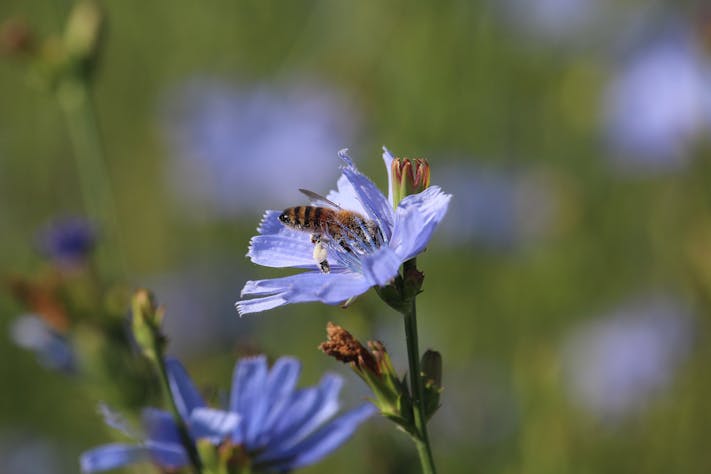
It's becoming well-known that bees and other pollinators, which are crucial for sustaining life on earth, are endangered. This is quite a scary thought, but luckily there are things we can all do to help prevent bee populations from dwindling beyond repair, including resources based right here in Oxfordshire.
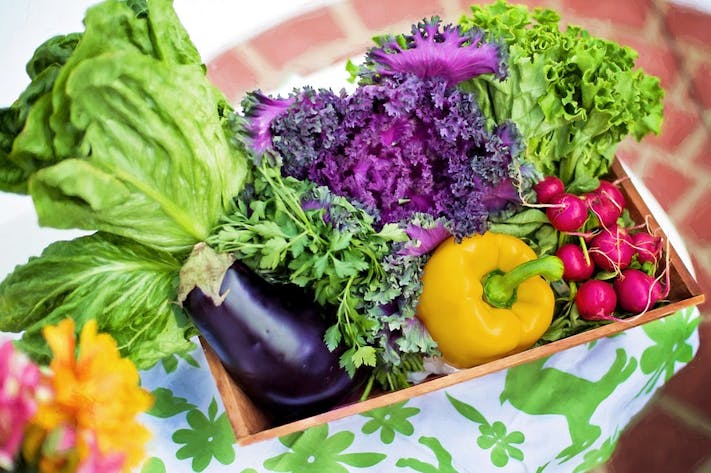
Buy organic
Studies are ongoing but there is evidence to suggest that many pesticides used on mass-produced goods are harmful to bees and are linked to Colony Collapse Disorder. Buying organic fruit and veg will help reduce the demand for produce grown using harmful chemicals. Organic foods tend to be more expensive, although if you buy seasonal or grow or pick your own, they have many other rewards in addition to helping protect pollinators! Oxford's farmers markets are a great place to start, or you could subscribe to a local veg box scheme with Cultivate.
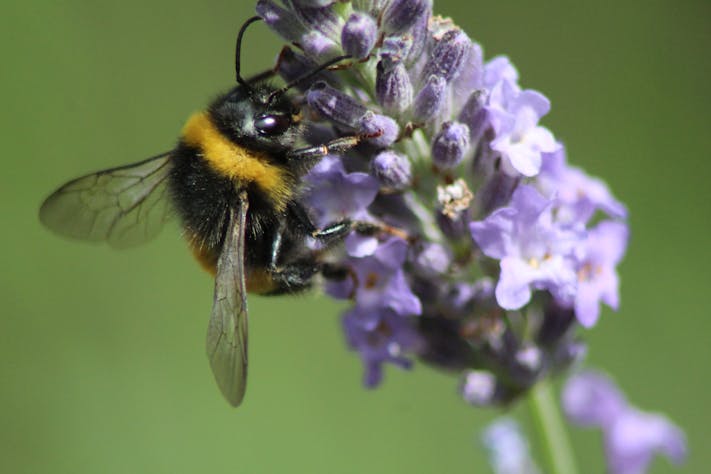
Plant pollen-rich plants
Whether you have a garden, an allotment or even just access to a window-box, planting pollen-rich plants that attract bees are a great way to help sustain them. The Royal Horticultural Society has produced a comprehensive list of these plants, including when to plant them - this resource is not only useful but will give you an amusing insight into the fabulous variety of plant names out there (Miss Willmott's Ghost, anyone?). Home-grown herbs such as rosemary, fennel and bay are all on the list, as are many fruits and vegetables.Many of Oxford's markets have plant stalls where you can stock up on these, or for a wider selection, you could venture to one of the county's many garden centres, such as Millets Farm, Bunkers Hill, Yarnton Nurseries or Babylon Plants.
As suggested above: remember NOT to use pesticides on these plants!
Bee and Bee accommodation
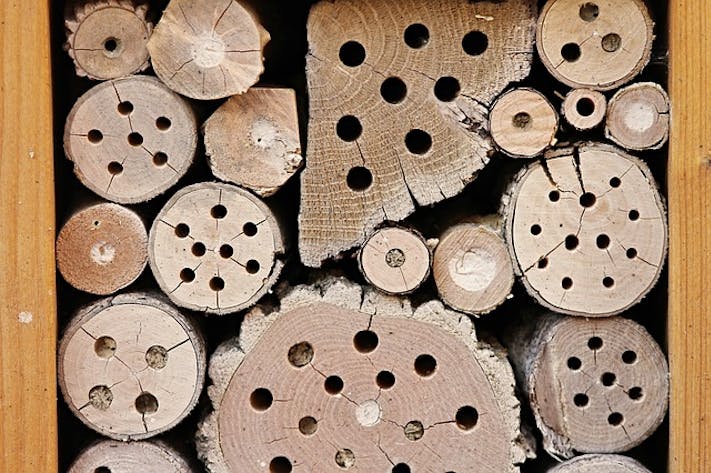
Not all bees live in hives or colonies - in fact the majority do not. Solitary nesting bees are great pollinators and are also harmless to humans, so you can support them without too much hassle. Oxford Plan Bee, a University of Oxford project which researches bees, have installed Bee Hotels in several locations around the city, which provide shelter for the bees as well as opportunities to study them (with the aim of furthering conservation efforts). Get in touch with them to see if you can support them by hosting one of these hotels, or check out this guide from the Wildlife Trusts on making your own out of wood (try Orinoco Scrapstore for materials). You can also buy a nesting box ready-made from Oxfam (see our charity shops guide to find your nearest store).
That's Money, Honey!
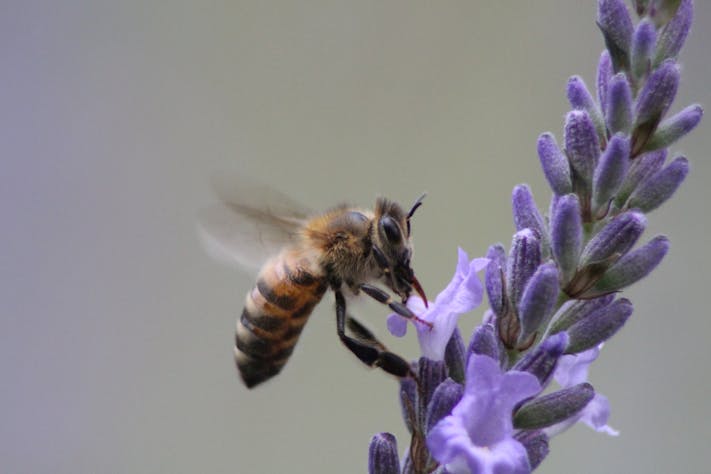
If you are short of time, you can put some of our well-earned cash towards projects which protect our pollinator pals. Visiting Wytham Woods provides an opportunity to support their Bee Walk, while Earth Trust and Berks, Bucks and Oxon Wildlife Trust both run projects aimed at making the countryside more accommodating to bees.
There are a couple of great Oxfordshire-based bee sanctuaries which sell a range of bee-friendly products: in addition to honey, Brightwell Bees sell a range of beeswax products and gifts, while Keepr's are renowned for their honey-based spirits, which can be sampled at Oxford's very own bee-themed restaurant, Keeper's Kitchen & Bar.



